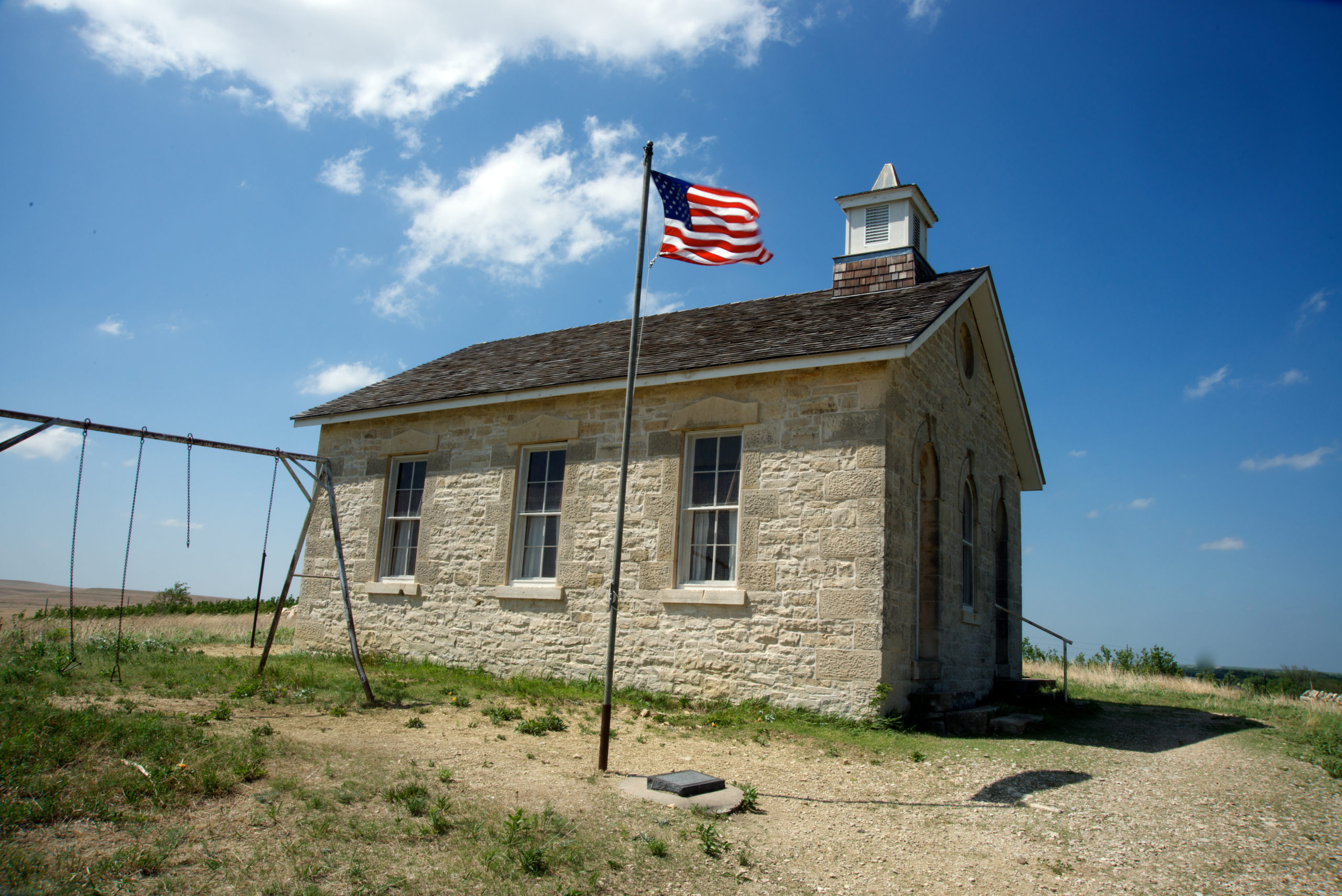
RECOMMENDED READING
Aristotle uses the term “civic friendship” to describe the bonds that emerge from a sense of common purpose in a shared political project. “Citizens are civic friends,” the Aristotelian philosopher Paul Ludwig writes, “when they share an agreement about important practical matters: preeminently, they agree about the regime, their political system.” Communal commitment to a common endeavour results in a kind of general goodwill of citizens toward one another—the seeds of civic friendship. It is what allows a society to remain whole and undivided rather than fragmenting into warring subcommunities. It is also a good description of what American life so conspicuously lacks.
How, though, does a society ensure that its members do believe themselves to be in it together, with common goals and shared outcomes? In December 1961, Martin Luther King Jr. delivered remarks to the Fourth AFL-CIO Constitutional Convention in Miami Beach, and attempted to answer that question.
King was stepping into a heated and challenging situation. The AFL-CIO was plagued by internal acrimony and public hesitation regarding civil rights. King chose to address the tension directly. He told the assembled delegates that the civil rights and labor movements had to work together, because their aims were inseparable. Democracy was not complete and could not remain stable without a working public empowered to fully participate in the nation’s economic life. A voice at the ballot box represented only incomplete equality without a collective voice in the workplace. Deploying the dream motif that would later define his most celebrated language, King invited his audience to understand what was at stake. “Together,” he said, speaking of the civil rights and labour movements, “we can be the architects of democracy,” and “bring into full realization the dream of American democracy—a dream yet unfulfilled.”
—
Listen to a podcast conversation between Chris Griswold and Comment’s Brian Dijkema here.
Recommended Reading
A Consolidationist Agenda for the Right
Any political movement or political party worth its salt, when confronted with data evincing the sordid state of the American family, ought to respond by substantively prioritizing the American family’s institutional rejuvenation.
High School and Beyond: Creating Pathways to Opportunity
The essential elements of a new opportunity program are what students know (knowledge) and whom they know (relationships).
China and Civic Piety
The Chinese Communist Party’s efforts to eradicate the Uighur Muslim population in favor of the Han majority are horrifying. Programmatic abortions and sterilizations, slave labor, and “re-education” camps recall atrocities of the past. At the same time, the CCP’s ambitions for Hong Kong outrage westerners committed to liberty and the rule of law. And its record for the treatment of prisoners and religious dissidents is miserable.













